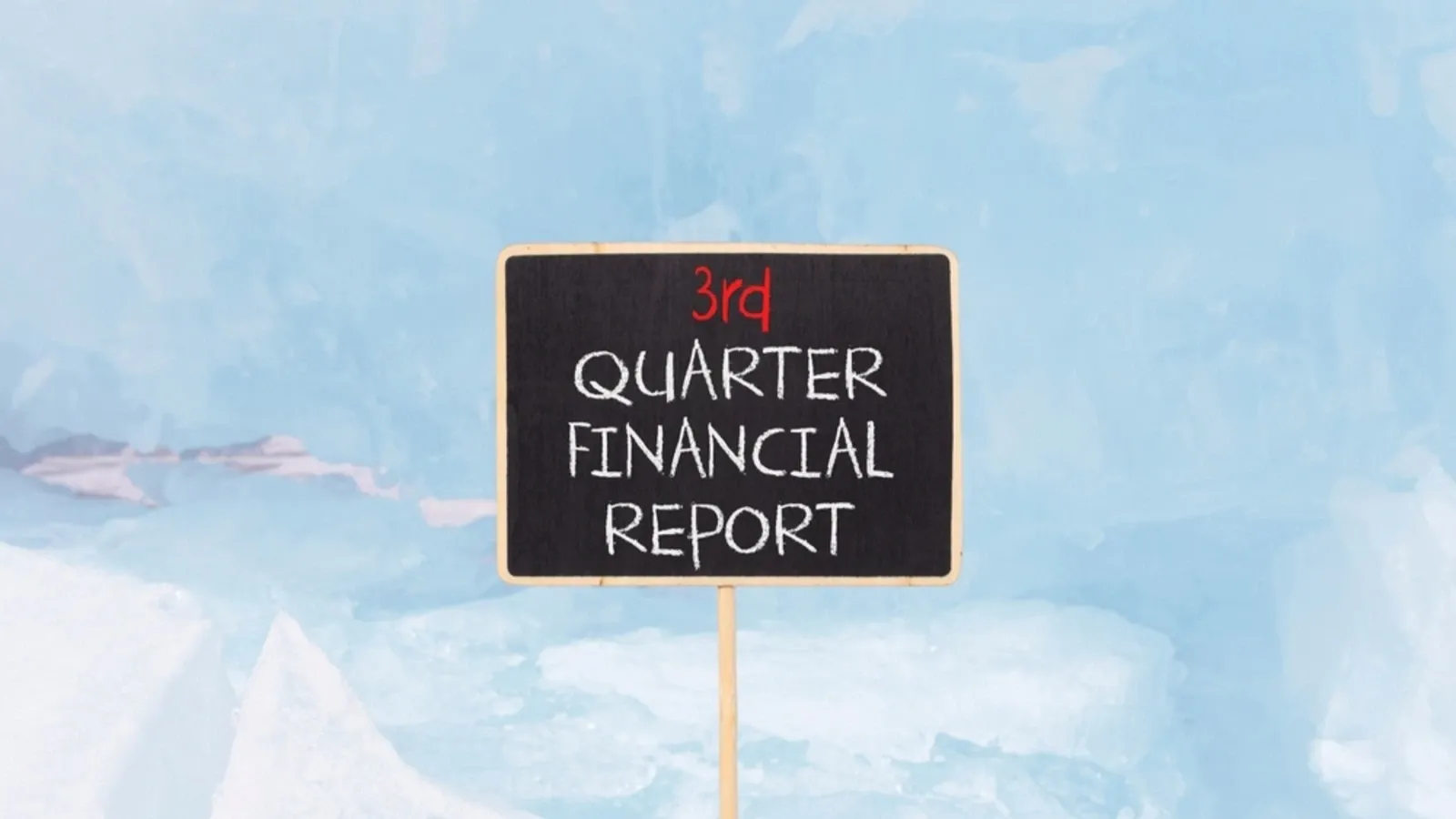Market News
Avenue Supermarts shares slip 3%; stock is down 30% from 52-week high hit in September; key reasons behind the fall

4 min read | Updated on December 12, 2024, 15:41 IST
SUMMARY
Avenue Supermarts share price: On Wednesday, December 11, the stock fell as much as 3% to ₹3,699.65 apiece on the BSE. It is down 32.5% from its 52-week high of ₹5,484, touched on September 24 this year.
Stock list

The company reported a 5.78% increase in its consolidated net profit to ₹659.44 crore for the second quarter ended September 2024
The stock on Wednesday, December 11, fell as much as 3% to ₹3,699.65 apiece on the BSE, and it is down 32.5% from its 52-week high of ₹5,484 on the BSE. The level was touched on September 24 this year.
The company reported a 5.78% increase in its consolidated net profit to ₹659.44 crore for the second quarter ended September 2024.
It had posted a net profit of ₹623.35 crore a year ago.
Its revenue from operations rose 14.41% to ₹14,444.50 crore during the quarter under review. It was ₹12,624.37 crore in the corresponding quarter of the last fiscal year.
Its total expenses in the September quarter increased 14.94% to ₹13,574.83 crore.
The total income, which includes other income, surged 14.34% to ₹14,478.02 crore.
During the quarter, D-Mart opened six new stores, taking its total count to 377 as of September 30, 2024.
The numbers were below Street estimates, which clearly disappointed investors.
Further, operating income, or earnings before interest, taxes, depreciation, and amortisation, (EBITDA), rose 8.8% year-on-year to ₹1,093.77 crore.
The management added that large metro stores are feeling pressure from online competition, with increased investments impacting operating margins.
This commentary has been one of the biggest reasons behind the stock's slide.
Secondly, Goldman Sachs, in its latest report, reiterated its bearishness on the retail major.
According to news reports, the global brokerage firm has said that its competitive moat faces increasing pressure.
To maintain its competitive advantage, DMart has been increasing its price discounts. The price discounts offered by DMart for a basket of grocery produce have increased to 25% over MRP in December, up from a range of 15% over MRP in July this year.
The brokerage added that DMart does not have any competitive advantage in fresh food categories in urban settings, and large sections of India's grocery market are not addressable by DMart.
Besides, the stock is now added to the F&O segment. Whenever a stock is added to F&O, the liquidity of the stock increases, as this will attract traders to trade and speculate on a daily basis.
This, as per analysts, has also increased selling in the shares.
If a stock continuously declines, there could be more short sellers who could short this stock through the futures/options segment, which in turn can hammer down the stock price.
Moreover, there is a set of analysts who believe that the entry of Vishal Mega Mart could also be one of the reasons why investors are gradually shifting away from the DMart stock.
The initial public offering (IPO) of Vishal Mega Mart has opened. The company, which is backed by Kedaara Capital, has set a price band of ₹74-₹78 per share for its initial share sale, which will conclude on December 13.
The ₹8000 crore IPO is an offer for sale (OFS) of shares by Samayat Services LLP without any fresh issue component.
Established in 2001, Vishal Mega Mart operates as a fashion-focused hypermarket chain throughout India. The retailer provides home and kitchen appliances and travel items in its General Merchandise division, while its Food and Groceries section offers FMCG products and household essentials.
Over the past 12 months, shares of Avenue Supermarts have slipped 8.59%. The stock's all-time high level is ₹5,899.90, which was touched on October 18, 2021.
Promoted by Radhakishan Damani and his family, DMart retails basic home and personal products across markets, including Maharashtra, Gujarat, Telangana, Andhra Pradesh, Karnataka, Tamil Nadu, Madhya Pradesh, Rajasthan, Punjab, NCR, Chhattisgarh, and Daman.
About The Author
Next Story


